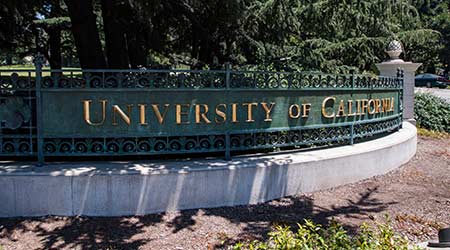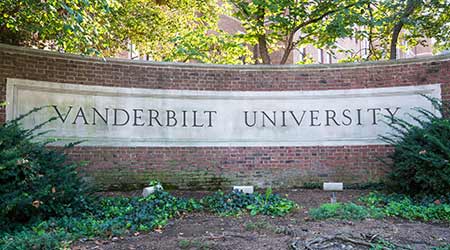
Greener Than Green: Building Pursues Triple Certification
January 25, 2019
Colleges and universities across the country are becoming more energy efficient in an effort to attract prospective students and faculty.
Two of the most notable building certifications that institutions can earn are the LEED Platinum and the TRUE Zero Waste certification. Chou Hall at the University of California (UC), Berkeley’s Haas School of Business has earned both.
The TRUE Platinum Zero Waste certification came after more than a year of dedicated waste sorting, composting, and other efforts to divert more than 90 percent of Chou’s landfill waste. The official notice came from Green Business Certification Inc. (GBSI), following an on-site audit by the U.S. Green Building Council, according to a university press release.
Separately, Green Business Certification Inc. announced that Chou Hall had received LEED Platinum certification for its architectural design, construction, and functioning of the building, earning 85 points, which is well above the 80 points required for the Platinum rating.
Points are allotted in areas such as water efficiency, energy use, construction materials used, indoor environmental quality, and design innovation. Haas is also pursuing a third designation, WELL certification, that is given to buildings that promote user health and well-being.
“Going for all three certifications at the highest level is incredibly ambitious,” says Courtney Chandler, Haas chief strategy and operating officer. “With WELL certification, we hope to achieve a trifecta. We are so proud of the work that everyone has done to make Chou Hall the greenest business building in the country, and we hope that our work will inspire and guide all of the UC campuses and other institutions across the country.”
To achieve TRUE Platinum, the team earned 69 out of the 70 credits that they applied for, providing a narrative and evidence for each credit. Credits included everything from composting food scraps to tracking the purchase of environmentally preferred products to providing employees with access to zero-waste training to reducing the use of hazardous waste chemicals.
With the certifications earned, Danner Doud-Martin, the staff lead of the Haas Zero Waste Initiative, says the committee will now draft a “best practices” manual as a guide for other UC campus buildings that want to follow in Haas’ footsteps.
Ryan Berlin is managing editor of Facility Maintenance Decisions.
Next
Read next on FacilitiesNet












